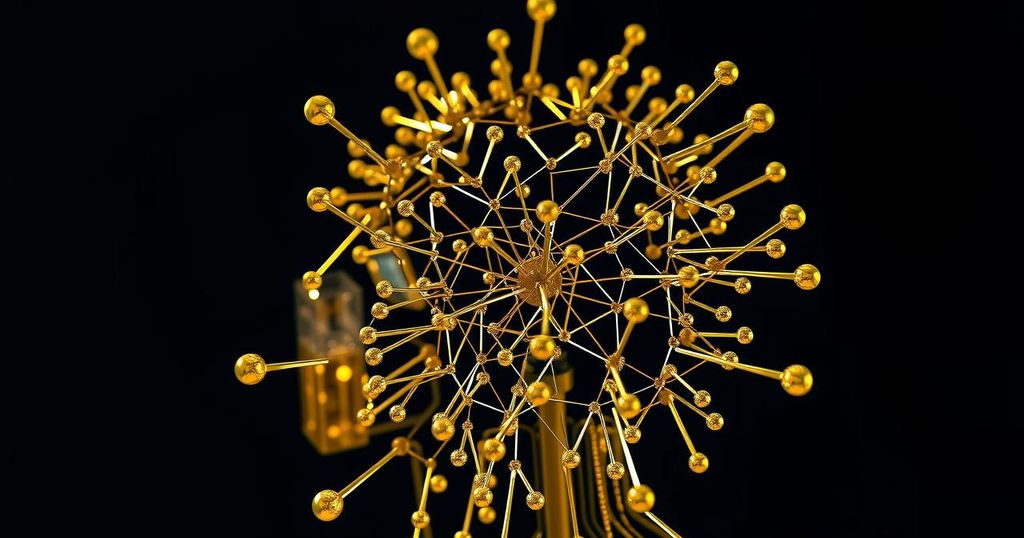AI
Science
” MOONS, ARTIFICIAL INTELLIGENCE, COMMITTEE, EDUCATION, EL, ELLEN MOONS, ENVIRONMENTAL IMPACT, GEOFFREY HINTON, HINTON, NOBEL COMMITTEE FOR PHYSICS, NORTH AMERICA, PRINCETON UNIVERSITY, RESEARCH, ROYAL SWEDISH ACADEMY OF SCIENCES, SCIENCE, UNITED STATES, UNIVERSITY OF TORONTO, US, VENTURE CAPITAL
Amina Hassan
0 Comments
Nobel Prize in Physics Awarded for Revolutionary Machine Learning Discoveries
John Hopfield and Geoffrey Hinton won the 2024 Nobel Prize in Physics for their foundational contributions to machine learning using artificial neural networks. Their work has immense practical implications, but they also raise concerns about the safe and ethical use of AI technologies, highlighting the responsibilities that come with such innovations.
In a groundbreaking moment for the field of machine learning, scientists John Hopfield and Geoffrey Hinton have been awarded the 2024 Nobel Prize in Physics. Their revolutionary contributions, which the Royal Swedish Academy of Sciences recognized for enabling machine learning through artificial neural networks, are foundational to the advanced technologies we utilize today. Hopfield’s work at Princeton on associative memory can store and reconstruct complex data patterns, while Hinton’s autonomous property-finding method assists in tasks such as object recognition in images. These advancements have transformed various sectors, from material science to everyday applications like facial recognition and multilingual translation.
However, as the Nobel committee celebrated these achievements, a note of caution was sounded regarding the ethical implications of artificial intelligence. Ellen Moons, chair of the Nobel Committee for Physics, underscored the collective responsibility of humanity in harnessing this technology safely and ethically. Hinton himself has expressed profound reservations about the potential consequences of unchecked AI development, even stepping away from his role at Google to speak candidly about these risks. Despite his concerns, he said he would still pursue this path if given the chance.
The recognition of Hopfield and Hinton stands as a testament to the incredible potential inherent in machine learning, while also balancing the delicate governance of the powerful tools born from their research. The committee surely hopes that the ethical discourse surrounding AI continues to evolve alongside its rapid technological growth, ensuring that the benefits are amplified while the risks are managed.
The 2024 Nobel Prize in Physics spotlights the transformative contributions of John Hopfield and Geoffrey Hinton to machine learning. Their innovative research forms the cornerstone of modern artificial neural networks, which are used in various applications that affect our daily lives. From developing new materials to enhancing digital technologies like facial recognition and language translation, their work demonstrates the vast capabilities of machine-learning systems. Despite their accolades, the scientists highlight the ethical concerns associated with such powerful technology, which poses significant risks if not regulated carefully.
The awarding of the Nobel Prize in Physics to John Hopfield and Geoffrey Hinton marks a significant milestone in recognizing the profound impact of machine learning on science and society. While their discoveries fuel advancements in artificial intelligence, the importance of ethical considerations cannot be overstated. As society stands on the brink of an AI-driven future, ongoing dialogues around safety and accountability will be essential to navigate the challenges that lie ahead.
Original Source: www.aljazeera.com




Post Comment